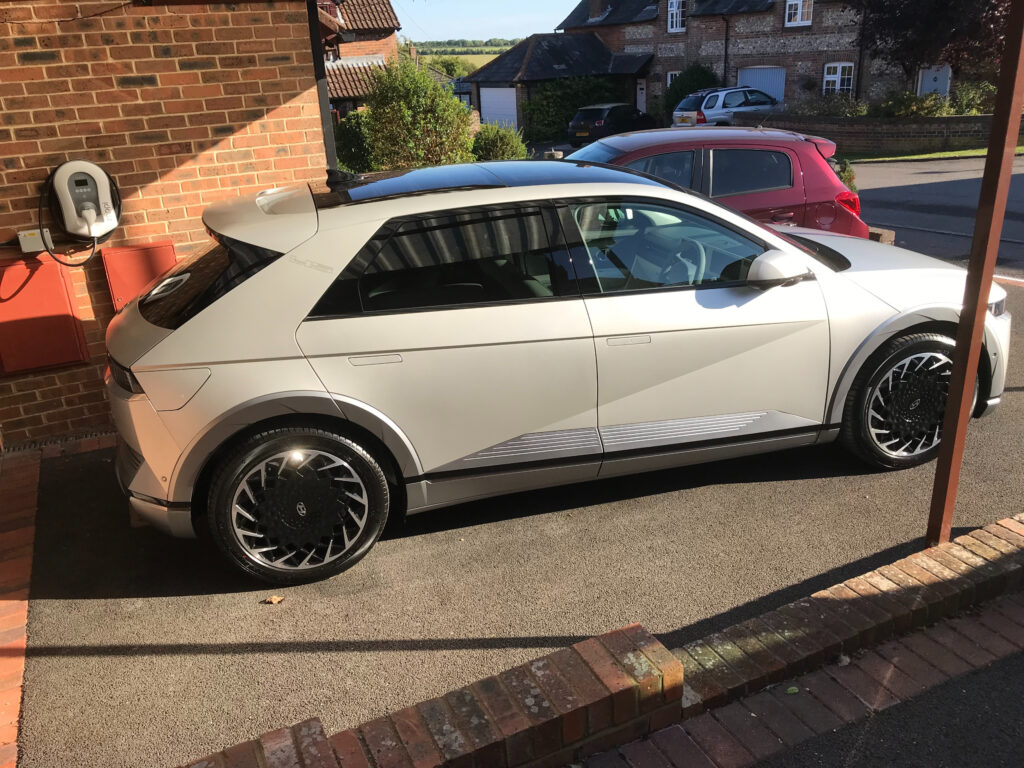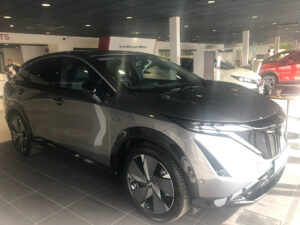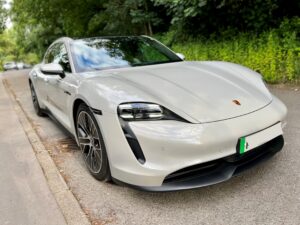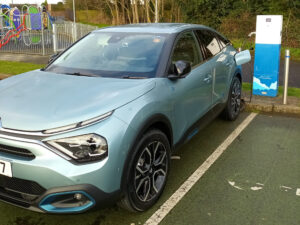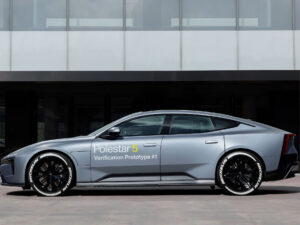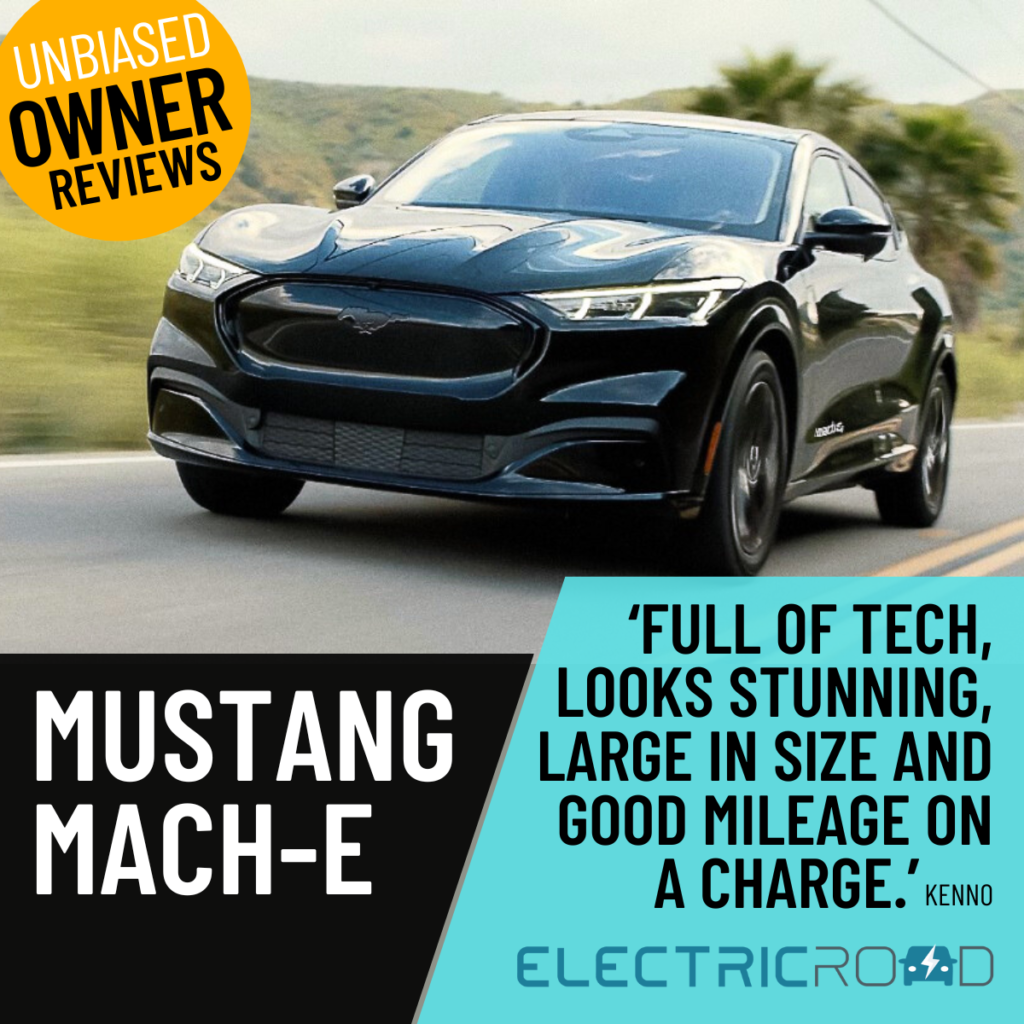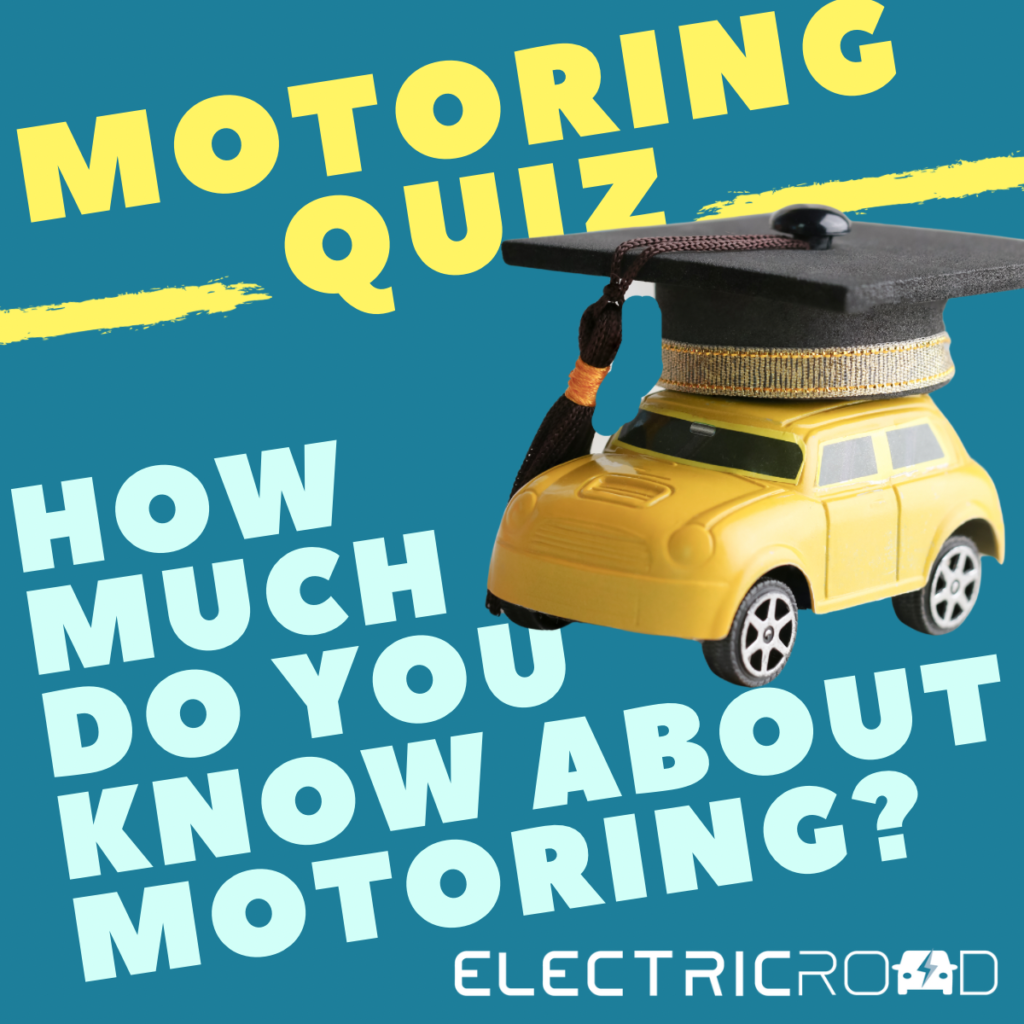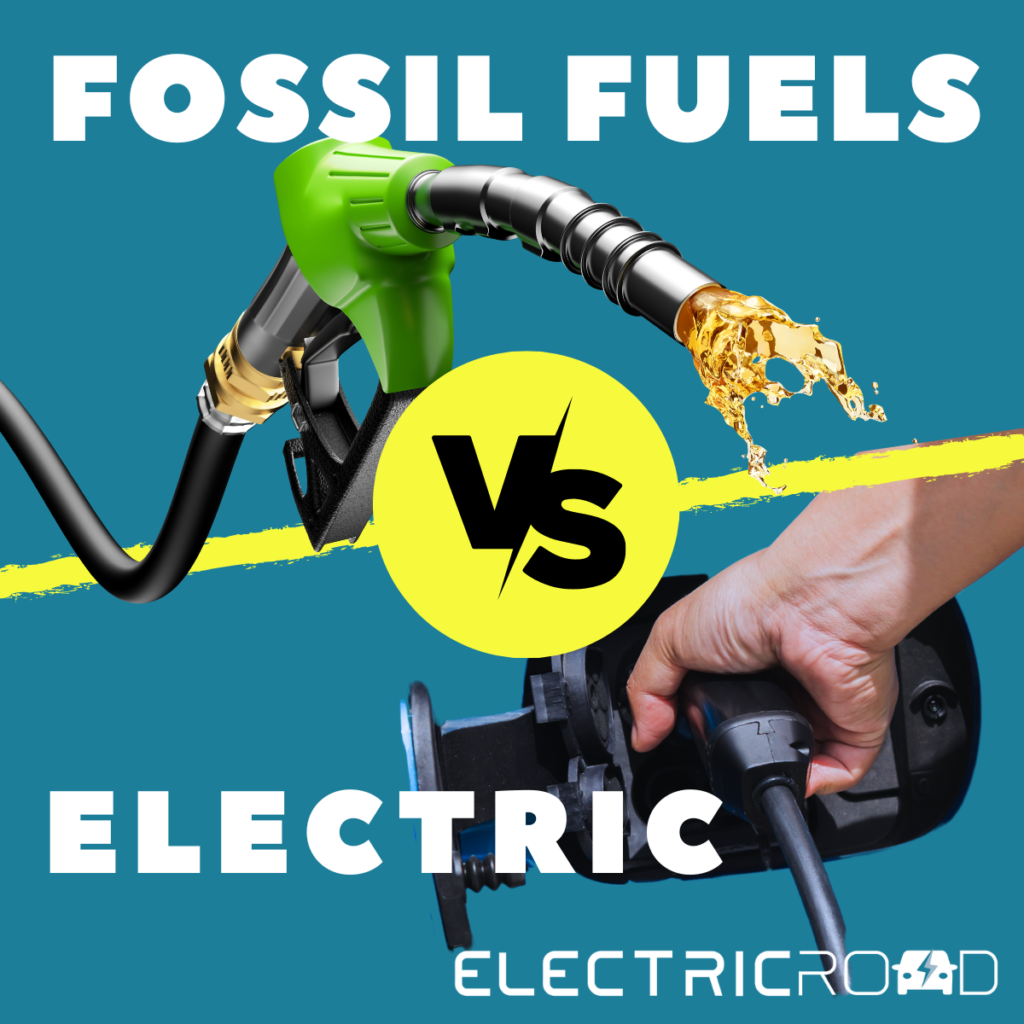Chrisdy drives a Hyundai IONIQ 5 72kWh 2021.
This is Chrisdy’s first electric car, they’ve owned the IONIQ 5 1-2 years and drive 5,000-10,000 miles annually. The current mileage of the car is between 5,000-10,000 miles and they achieve 240 miles from a full charge.
Why did you choose the Hyundai IONIQ 5?
It was a first edition (Project 45) AWD model and Hyundai’s first custom designed electric car. I liked all the safety features, it’s performance, driving range and spacious interior, plus the driver assistance features: Head-Up Display (HUD) and one-pedal driving option. I compared it to other electric cars available at this time and it came out well ahead for my specific requirements.
Are you seriously considering your first or next EV? Then visit Electric Road’s CAR FINDER to get the right car for you!
Positives – List 3 or more reasons why you love this electric car
- Extremely comfortable and relaxing to drive
- excellent performance
- very fast recharging speed.
Negatives – List 3 or more things that you really don’t like about this electric car
- No rear windscreen wiper/washer.
Have you experienced any faults with the car? If so, what have they been?
The 12v battery failed after only 4 months and was replaced under warranty. Part of the door frame trim started to peel off and this was also replaced under warranty.
What are the standout technological features of your Hyundai IONIQ 5?
Comprehensive safety systems such as automatic emergency braking, lane-keeping assistance and crossing traffic alerts, plus intelligent cruise-control, automatic lane changing (on motorways), one-pedal driving, intelligent navigation system (avoiding traffic jams and accidents), vehicle pre-conditioning (using smart app), a heat-pump, and vehicle-to-load power from the car to run 240v appliances.
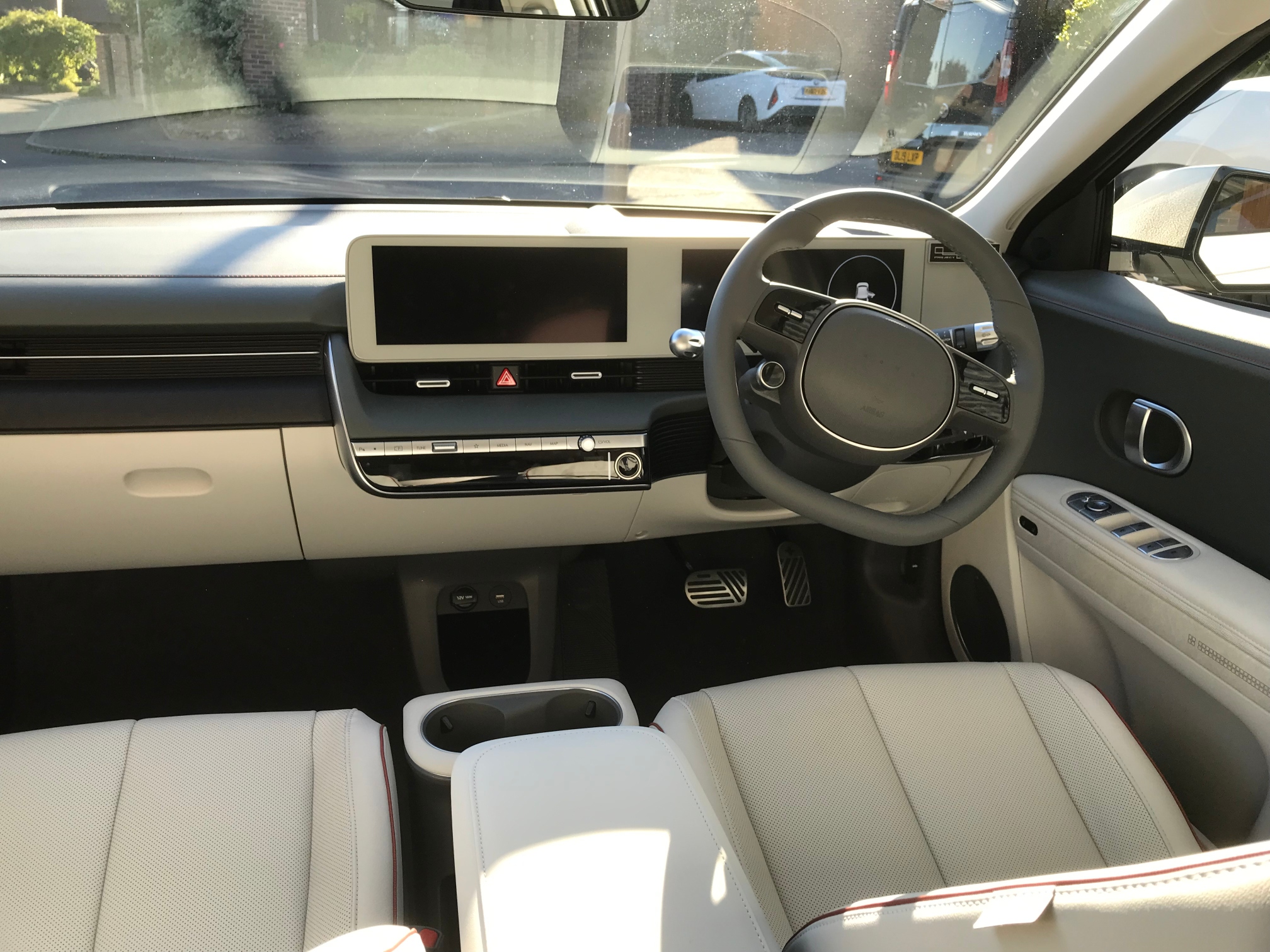
Surprise us! Tell us something people wouldn’t readily know about this electric car
It has a very large glove drawer, the centre console can slide back and forth depending on where you need it and it has an 800v power system that allows really fast charging (on a 350kW charger). Plus, both front seats can be heated or cooled and the back seats can also be heated. My version also has solar panels on the roof to charge the 12v battery if the car is parked outside.
What electric car(s) are you interested in next and why?
Any electric car that can offer full (legal) autonomous driving or an IONIQ 5 with greater than 350 mile range.
Home charging unit – outline both positive & negative elements
I have a zappi charger (made by myenergi), which automatically charges my car during the day using any excess energy from my solar panels. I can also set up timed charging from the mains to allow use of a cheap night-time tariff (Octopus Go). There are no negatives with this charger.
Electricity supplier & tariff – outline both positive & negative elements
I am on the Octopus Go tariff, which provides 4 hours of much cheaper electricity between 00:30 and 04:30 hrs. This can not only be used to charge an electric car but also to charge home storage batteries, which can then be used to power the house during daytime peak periods. The only negative of this tariff is the higher cost of daytime electricity use but this can be offset if you have a battery storage system.
What public charging networks would you recommend to others and why?
I have only used IONITY, bp pulse and Pod Point. So far, I have not had any negative experiences of public charging but then currently 95% of my charging is done at home.
Insurer – outline both positive & negative elements
I use Admiral MultiCar insurance, as many other insurers were not set up in 2021 to insure electric cars, whereas Admiral were very helpful. So far, costs are very reasonable and I’ve had no issues.
Please itemise where you’re saving money owning & running an electric car
Currently there is no road tax, very low running costs for fuel (approx. 2p per mile due to home solar panels and cheap overnight tariff). Up-front service costs were £330 for 3 years of servicing plus the first MOT. Monthly purchase cost is slightly higher but insurance is very comparative. I estimate I save approximately £150 p/m compared to an equivalent petrol car, even taking into account the higher purchase cost. Once the car is fully paid for, savings will be over £200 p/m.
See other owner reviews here


